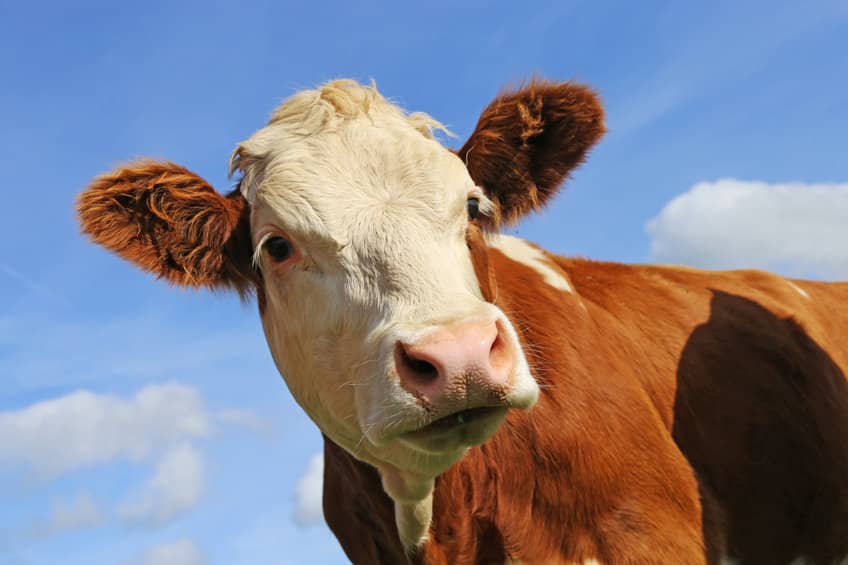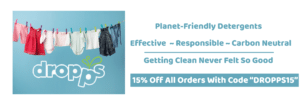By John Salak –
Cows have always been kinda cool. Take a look. They’re beautiful, serene and generally seem to be in the know. They also contribute to one mankind’s greatest achievements: ice cream.
Now there’s another reason to appreciate cows. They may help the world address its plastic pollution problem. At least that’s what Austrian researchers out of the University of Natural Resources and Life Sciences (BOKU) in Vienna, the Austrian Center of Industrial Biotechnology and the University of Innsbruck report.
Their work has discovered that plastics can be effectively broken down by the microbes in rumen that’s found in the largest part of a cow’s stomach.
Better yet, these microbes and enzymes can tackle the three plastics—polyethylene terephthalate (commonly known as PET), polybutylene adipate terephthalate (PBAT) and polyethylene furanoate (PEF)—that go into making plastic bags, bottles, textiles, food packaging and more.
Using enzymes to tackle plastic pollution isn’t a new concept, but the use of rumen-related products is unique. Ultimately, they may be more powerful than other options, Professor Georg Gübitz from Vienna’s BOKU reported.
“It (rumen) was quite efficient when compared to other enzymes tested in the last 10 years,” he noted.
No one, of course, is suggesting that cows eat their way through the millions of tons of plastic waste that confront the world. Rather, Gübitz and others suggest that rumen could be used in some kind of industrial process to help deal with the issue.
If could be collected as a byproduct of the meat and dairy industry and then integrated into a recycling or plastics elimination process.
“But longer term it will make more sense to produce the responsible enzymes and even further enhance their activity by using genetic engineering,” he added.
Regardless of whether natural or engineered enzymes are applied, tackling the plastics waste issue is not only increasingly difficult, but also essential.
One study suggests that in less than 20 years, they world will be faced with the prospect of eliminating 710 million metric tons of plastic waste.
It’s a challenging equation because consumers are addicted to plastics, which are lightweight, rugged and long-standing and have worked their way into all sorts of everyday products.
“But the challenge is then what happens when you finish with the item — and that’s where biodegradation often comes in as part of the answer,” explained Professor Richard C. Thompson of the University of Plymouth, England.
Cows may be one answer. They’ve always been reassuring and used to handling digesting tough items.













